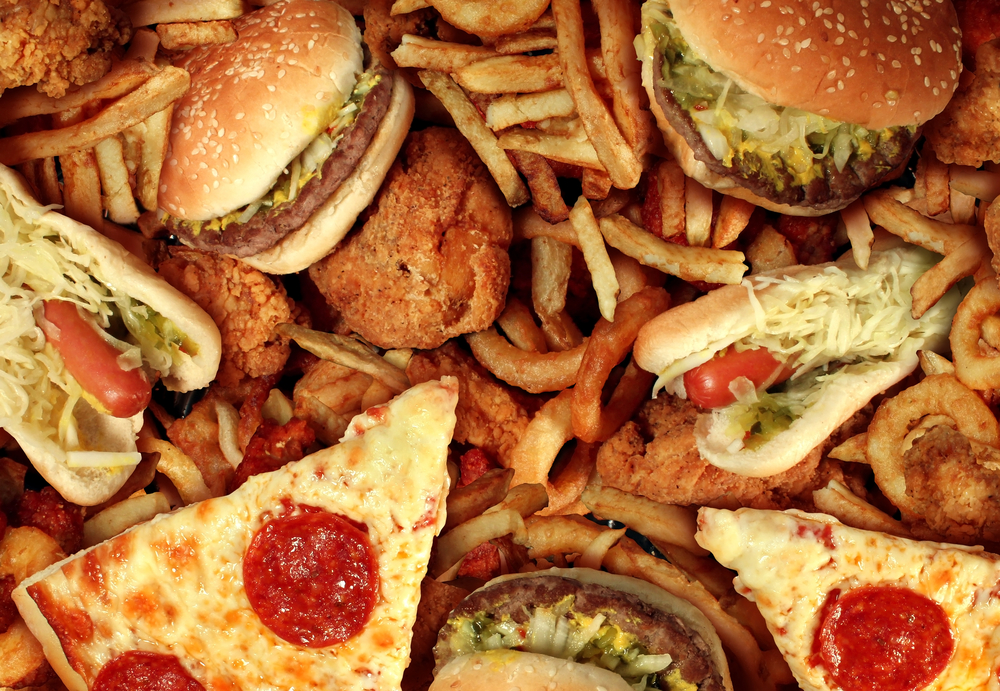One of the first things I ever learned about smoking weed is that it gives you the munchies. We all did. Stoner comedies taught us that the point of getting high is to giggle and eat snacks. So when, for instance, some of my high school friends (but not me, readers, promise) decided to smoke pot in a shoddily-constructed water bottle “bong,” they just sat in the kitchen eating popcorn for three hours, repeating to themselves and each other, “I feel it. Do you feel it? I think I feel it.” As an objective observer from the future, I can just verify to the reader that no, they did not feel it.
Even though my friends used the excuse of being high to shovel snacks into their face holes, munchies are a real thing– and scientists are just starting to figure out why. A new study published in the journal Nature found that when mice were given the active drugs in marijuana (called cannabinoids), a portion of the brain responsible for curbing one’s appetite totally reversed functions.
Reuters’ Sharon Begley reports:
In their study, scientists led by Tamas Horvath of Yale University focused on molecules called receptors that cannabinoids bind to and activate in the brains of both mice and men. They expected to find that when cannabinoids did so, the receptors sent out a signal quieting nearby neurons that suppress appetite. That could lead to the munchies.
To their surprise, Horvath said, they found that activating the cannabinoid receptors in the mice’s brains instead increased, not decreased, the activity of the appetite-suppressing neurons.
The reason that did not suppress appetite was that the neurons, instead of emitting their usual appetite-killing neurochemicals, emitted completely different ones. Called endorphins, they traveled to the brain’s appetite-control region, the hypothalamus, stimulating the mice’s desire to eat.
Basically, ingesting pot makes you want to eat — regardless of your level of hunger. “Even if you just had dinner and you smoke the pot, all of a sudden these neurons that told you to stop eating become the drivers of hunger,” said Horvath in an interview with NPR.
“For anyone who’s experienced it — you realize that’s exactly what’s happening,” Horvath continued, laughing. “You just can’t stop, no matter how much you put in your mouth.”
I so hear you, Horvath. I so hear you.

